Ontario Nature Blog
Receive email alerts about breaking conservation
and environmental news.
© Lora Denis
Medway Valley, London, Ontario © Denis Giles CC BY-NC-ND 2.0
Climate change poses a serious challenge to human society. The root cause is human actions. The global carbon balance has been shifted through the extraction and combustion of fossil fuels, and removing natural ecosystems through urbanization and expansion of agricultural lands.
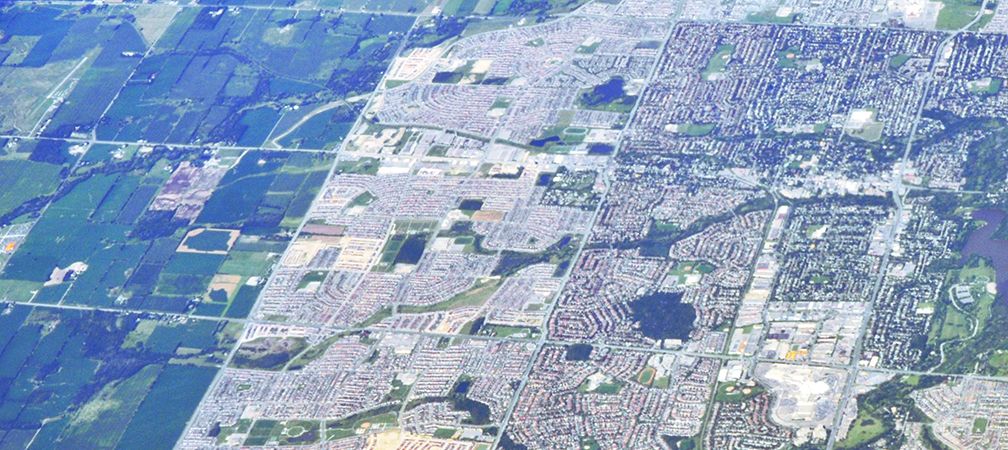
While significant reductions of carbon emissions are essential to avoiding the most damaging effects of climate change, so too is reducing our impact on the natural environment.
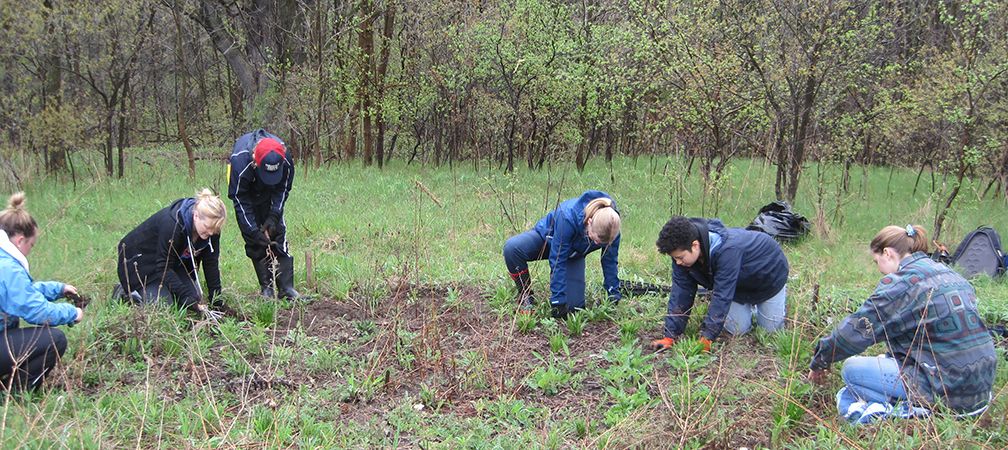
Scientific experts have concluded that to mitigate the serious present and future adverse effects resulting from climate change, we will need to embrace restoration of natural ecosystems. Approaches that conserve, restore or improve the management of these ecosystems are referred to as “nature-based solutions”.
A new report Making Peace with Nature issued by the United Nations Environment Programme describes how climate change, biodiversity loss and pollution are interconnected and must be addressed jointly.
“By transforming how we view nature, we can recognize its true value… Making peace with nature is the defining task of the coming decades.”
– United Nations Secretary-General, Antonio Guterres
Through its A Healthy Environment and a Healthy Economy climate action plan, the government of Canada has committed to conserve and protect 25% of our land and oceans by 2025 and 30% by 2030. We have ample opportunity to achieve these targets within our own province of Ontario.
There is great potential among our Indigenous communities for establishing and managing Indigenous Protected and Conserved Areas within their traditional territories.
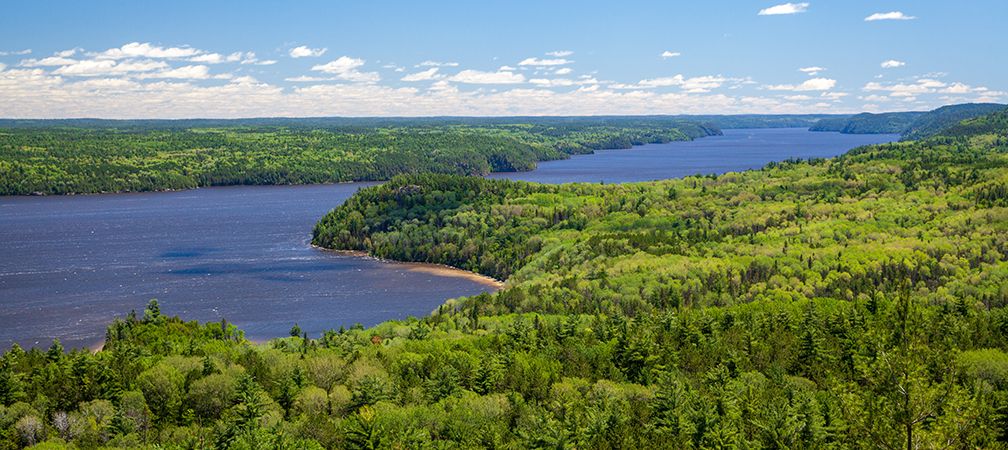
In northern Ontario, candidate areas have been identified by forestry companies whose management practices are certified by the Forest Stewardship Council. These create the potential for 1 million hectares of permanently protected natural areas.
In southern Ontario, naturalization in settled areas, greenbelt expansion, and smart growth within urban regions to protect natural areas and farmland are all nature-based solutions. Of particular importance is the identification, protection and enhancement of wetlands.
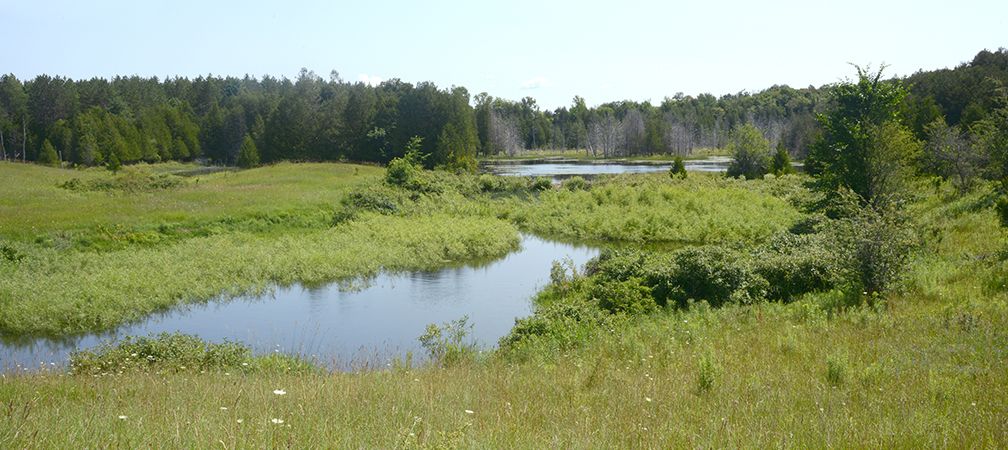
With a mission to protect wild species and wild spaces, nature-based solutions form the foundation of the activities of Ontario Nature. It maintains 26 nature reserves which are permanently protected natural areas of high ecological significance.
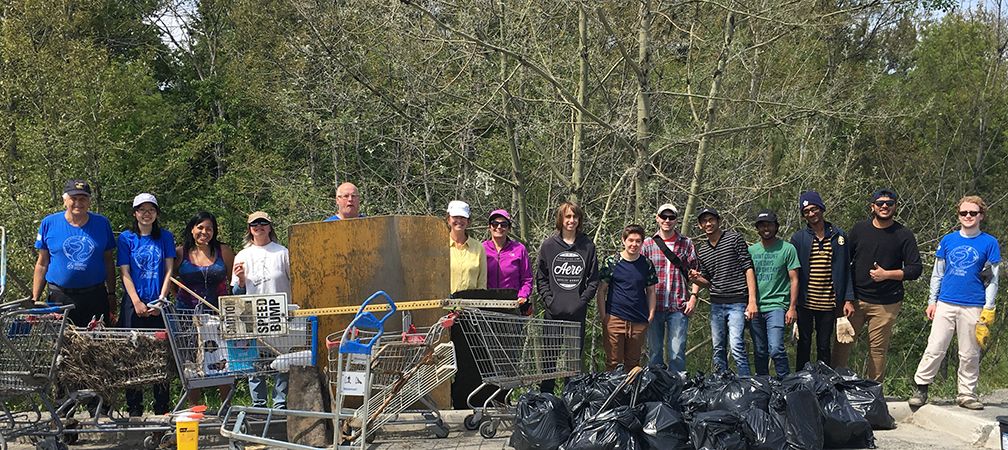
Ontario Nature supports all the nature-based solutions mentioned above through our campaigns, advocacy and public engagement. Ontario Nature works with its Nature Network community partners in cooperation with other like-minded organizations and Indigenous partners to give nature the priority it deserves.
We need to engage everyone and governments at the local, provincial and national levels to address the challenge that climate change presents to us. Nature-based solutions are critical to meeting this challenge.

Gananoque Lake Nature Reserve © Smera Sukumar